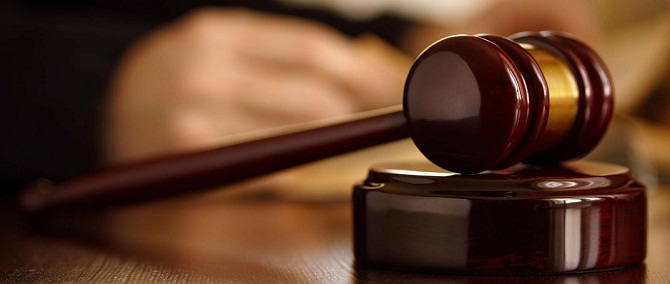
Grand Jury: Facts and Things You Should Know
In the Federal legal system, the term grand jury is used to decide if someone should be charged for a serious crime. Presented by the prosecutor, the U.S attorney, the grand jury hears the evidence. The said grand jury uses subpoena to gather this kind of evidence. It can subpoena physical evidence, documents and some witnesses to testify. The California legal system has also grand juries, but it is usually optional if the criminal prosecutions are initiated by the grand jury indictment or by a complaint by the District lawyer and preliminary hearing before the judge.
Other than violating constitutional privileges and certain testimonies, the federal grand jury can do what it wants.
Here are some tips that you should know about the federal grand jury:
• Keep your lawyer close at hand
Your attorney can’t be with you in the grand jury room. However, he/she can be right outside the grand jury room and you have the right to ask and consult with him/her after every question. The truth is, you can spend much time with your lawyer, as long as you are not disrupting the grand jury process. You can also take note of the questions and can be shared later with your attorney.
• Do not agree with pre-grand jury interviews
You don’t have any obligation to talk to any government agents before the grand jury process. These pre-grand jury interviews are ill-advised and dangerous and the government has no authority to compel any of them. You may eventually make a risky admission during one of the interviews. You can also be accused of lying to a government agent during the interview because it is considered a federal crime.
• Never allow to be misled or bullied about the grand jury secrecy
The grand jury court reporters, the prosecutors, and the grand jury is under a very strict duty to keep any matter happening before the grand jury is a total secret. If you are a grand jury witness, you always have the right to tell the whole world about your testimony. But you need to understand that it is your decision not the government.
• Let your lawyer accept the service of subpoena
Your lawyer should be the one arranging with the prosecutor to accept the said service of the grand jury subpoena on your behalf. This will spare you from embarrassment of being personally handled by FBI agents in your workplace or at home. But if you still don’t have an attorney, politely accept the service and don’t answer any questions that may use against you, until you have your own lawyer who can defend you.
• Be Careful
Federal grand jury subpoenas are usually never quashed on grounds that they will eventually call for any irrelevant information or even go beyond the grand jury’s authority. Grand juries have usually a maximum of 23 members, 16 of which must be present to form a quorum. Providing and testifying documents are a big risk. Never attempt yourself to face these risks alone, but seek the help of an experienced and professional criminal attorney.


